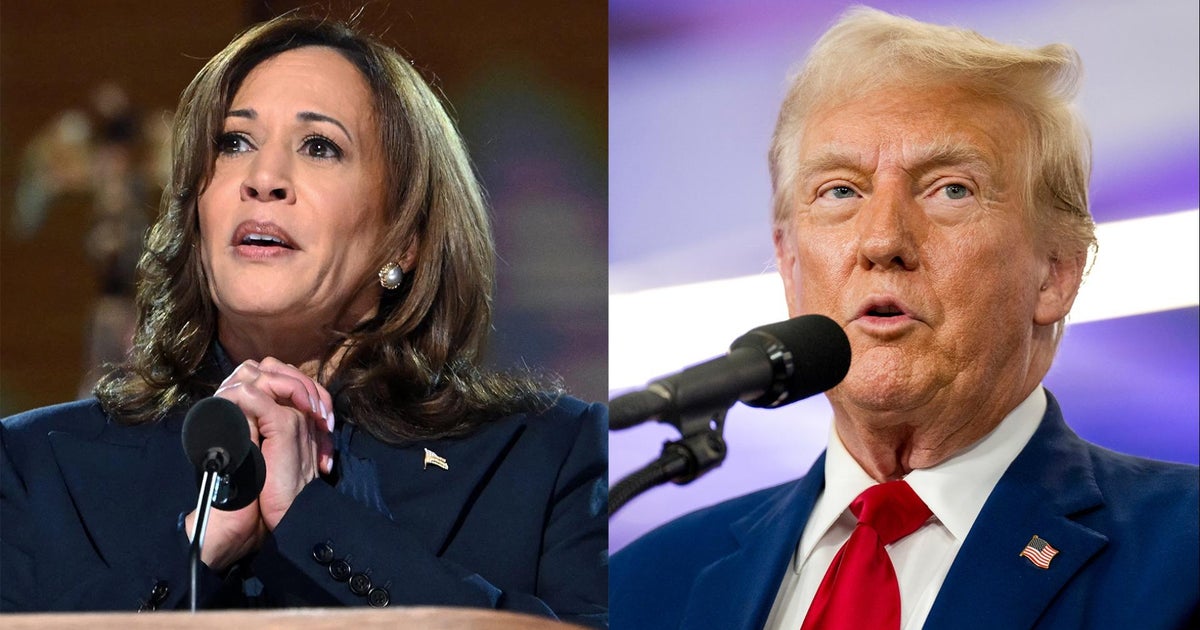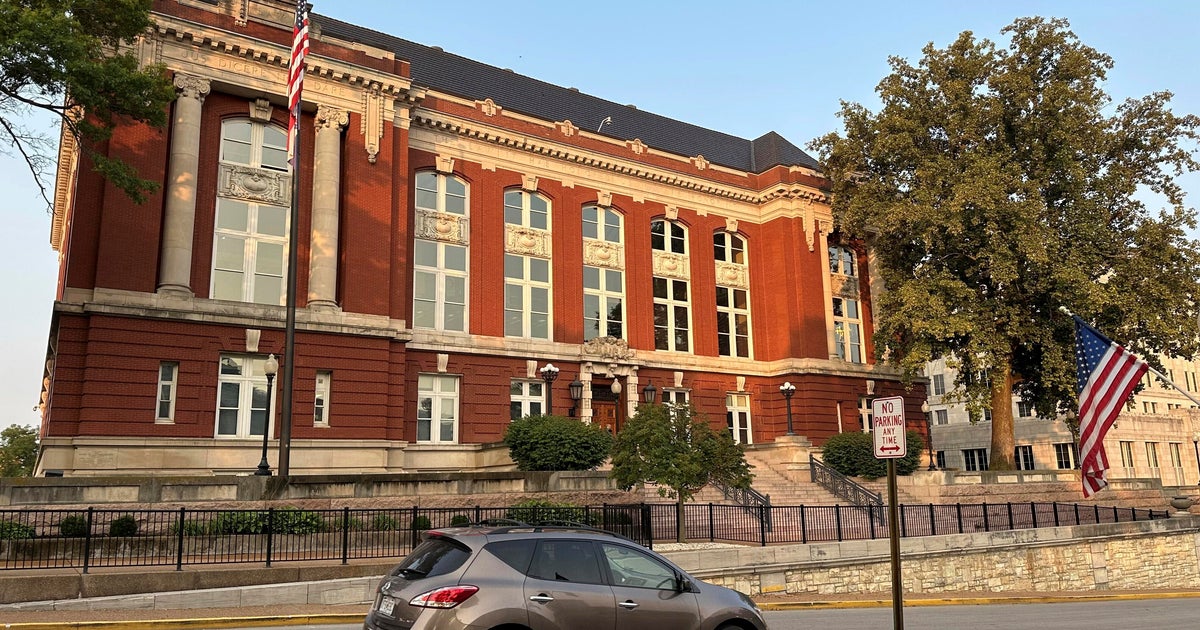Following President Biden’s decision to abandon his reelection campaign and endorse Vice President Kamala Harris to be the Democratic nominee for president, Harris’ role on immigration has come under scrutiny.
Soon after Mr. Biden’s announcement, Republicans sought to blame Harris for the Biden administration’s woes at the U.S.-Mexico border, where American officials have reported record levels of illegal crossings in the past three years. In a phone conversation with CBS News on Saturday, former President Donald Trump said Harris presided over the “worst border ever” as “border czar,” a title her Republican detractors often give her.
Harris is all but certain to face even more criticism over the Biden administration’s record on immigration, one of American voters’ top concerns ahead of the election. And Harris does have an immigration-related role in the Biden White House, but her responsibilities on the issue are often mischaracterized.
What exactly is Harris’ immigration role?
In March 2021, when the Biden administration faced the early stages of an influx in illegal crossings at the U.S. southern border, Mr. Biden tasked Harris with leading the administration’s diplomatic campaign to address the “root causes” of migration from Guatemala, Honduras and El Salvador, including poverty, corruption and violence.
The region, known as Central America’s Northern Triangle, has been one of the main sources of migration to the U.S.-Mexico border over the past decade.
Harris was not asked to be the administration’s “border czar” or to oversee immigration policy and enforcement at the U.S.-Mexico border. That has mainly been the responsibility of Homeland Security Secretary Alejandro Mayorkas and his department, which oversees the country’s main three immigration agencies, including Customs and Border Protection.
In reality, the only role close to that of a “border czar” under the Biden administration was held for only a few months by Roberta Jacobson, a longtime diplomat who served as coordinator for the Southwest border until April 2021.
In her immigration role, Harris’ main line of work has focused on convincing companies to invest in Central America and promoting democracy and development there through diplomacy. In March of this year, the White House announced Harris had secured a commitment from the private sector to invest over $5 billion to promote economic opportunities and reduce violence in the region.
Efforts to reduce migration by improving conditions in migrants’ home countries have always been viewed as a long-term strategy by U.S. officials. In its “root causes”framework, the Biden administration conceded the “systemic change” it envisions for Central America “will take time to achieve.”
Questions about her work on immigration
There are some legitimate questions about Harris’ work on immigration.
Before the COVID-19 pandemic, most non-Mexican migration to the U.S. southern border originated from the Northern Triangle. In 2021, it made sense for the administration to focus on the root cases of migration in those countries. But migration flows have changed dramatically in recent years. Record numbers of migrants have been coming from places outside of Central America, including from countries like Cuba, Colombia, China, Ecuador and Venezuela.
In fiscal year 2023, for example, Border Patrol apprehensions of migrants from Guatemala, Honduras and El Salvador made up 22% of all crossings during that time period, down from 41% in fiscal year 2021, government statistics show. On the flip side, however, the administration could point to the fact that illegal crossings along the U.S. southern border by migrants from Guatemala, Honduras and El Salvador have decreased significantly every year since 2021.
While most of her critics have been Republicans, Harris’ work on immigration has also garnered some criticism from the left. During a visit to Guatemala in June 2021, Harris told those intending to migrate, “Do not come,” a statement that drew ire from some progressives and advocates for migrants.
As the second-highest ranking member of the Biden administration, Harris will also likely face questions over the all-time levels of unlawful border crossings reported in 2021, 2022 and 2023. Those crossings, however, have plunged this year, reaching a three-year low in June, after Mr. Biden issued an executive order banning most migrants from asylum.



